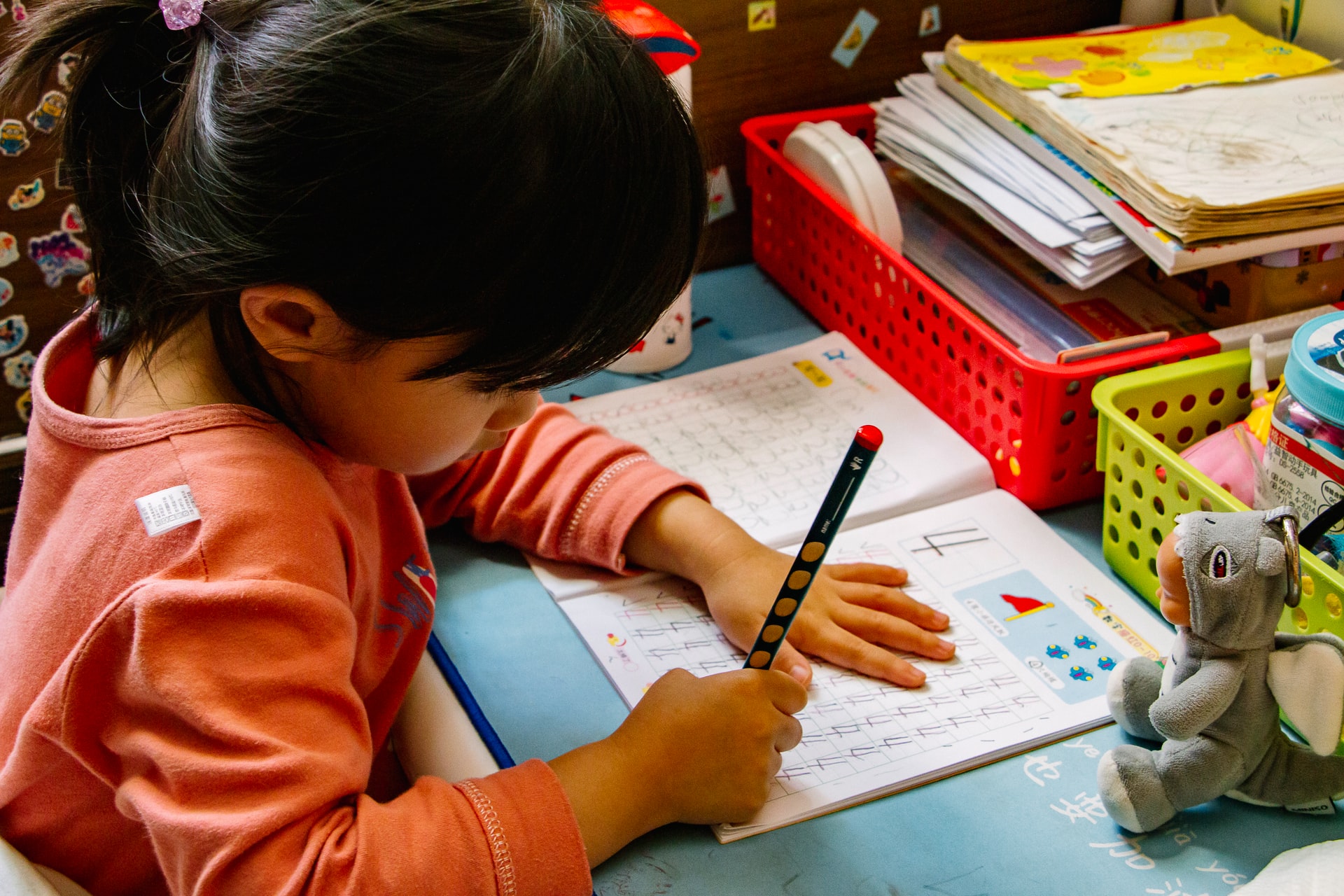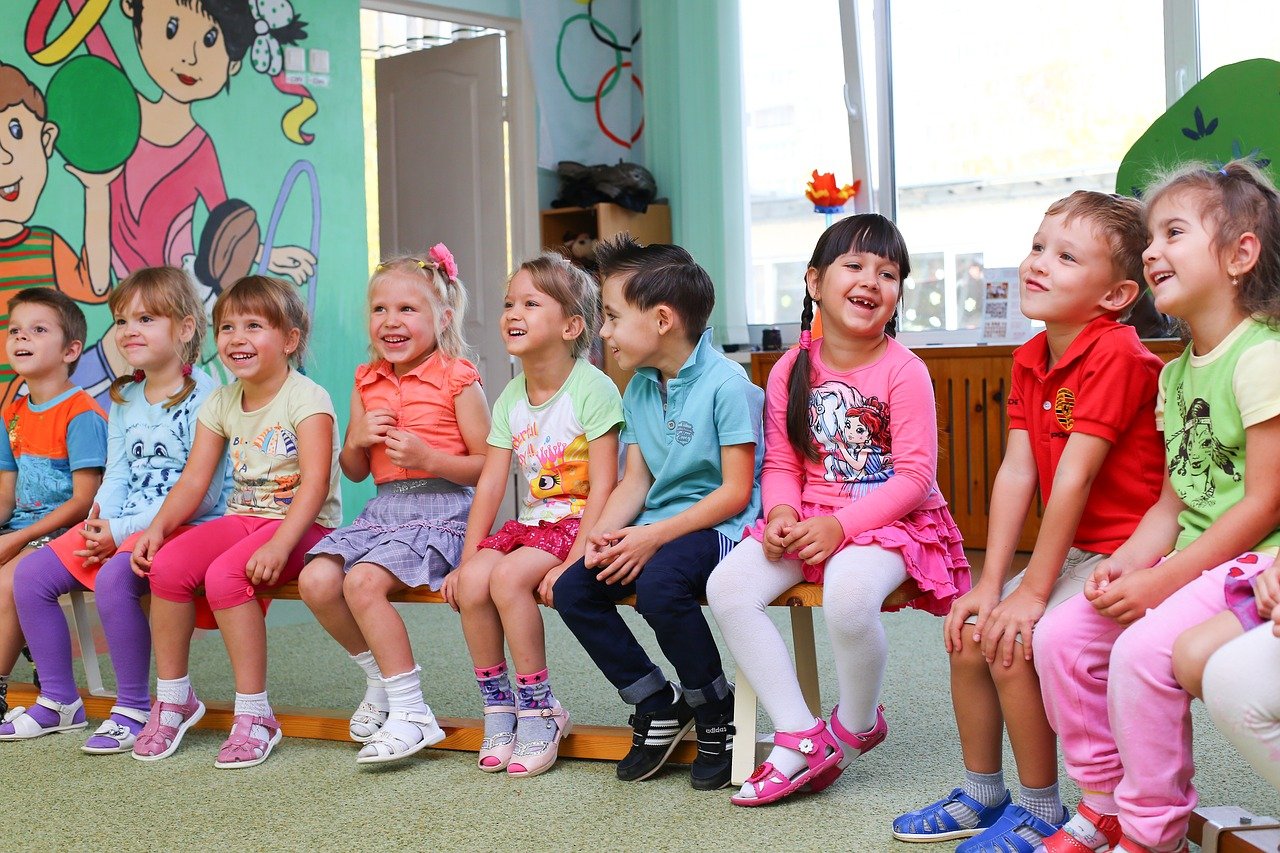Helping Your Child Overcome Public Speaking Fears

Many things in this world are frightening to children, especially if they are unfamiliar. Many adults, as well as children, are uncomfortable with public speaking.
You can assist your infant to overcome their fears of public speaking even if you are afraid of it yourself.
First and foremost, safety.
When you’re scared, you have to decide whether to stand your ground or flee. It’s a matter of life and death. The brain’s fight or flight mechanism dominates all thought, preventing any other rational thought, including self-coping behaviors, from occurring until your mind is assured that you are safe.
When children are afraid, they can’t learn, and their confidence fades quickly. When youth are requested to communicate in public, they have to accomplice the occasion with positive emotions and a sense of safety.
You can assist them in gaining confidence.
Confidence
You can assist your child to acquire self-belief in public speaking by teaching him or her a few techniques that will help him or her in almost any situation.
Inhale deeply. When asked to speak in front of a group of people, everyone gets nervous. Taking a few slow, deep breaths earlier than speaking can assist to calm your belly butterflies.
Make a mess of it. Teach the t-repeater exercise to your child if he or she is afraid of making a mistake when speaking in public. Repeat the t sound with him or her. The action aids in the expulsion of short breaths. Your child will laugh because it sounds silly, and laughter relaxes the nerves.
Practice in real-life situations on a daily basis. Children are not afraid of what they already understand. Encourage your child to place an order at a restaurant or strike up a brief conversation in a store. These opportunities simulate real-life public speaking situations and help to build success.
Make direct eye contact. “Look at the audience,” we tell speakers. That’s like asking a small child to confront a dragon. Instead, teach your child to look at people’s noses or the tops of their heads. Direct eye contact can make a speaker neglect everything, however sidelong glances can help them stay focused.
Create a diversion
The Kennedy Center recommends making public speaking a game, especially before a big performance.
What if my child is unable to overcome his or her fear of public speaking?
If your child’s stage fright progresses to mild anxiety that prevents them from learning or socializing, consider working with a cognitive behaviorist to teach coping skills such as isolating physical sensations and identifying positive responses.
You will be assisting your child in developing positive self-worth and demonstrating leadership qualities by assisting your child in overcoming public speaking fears.





